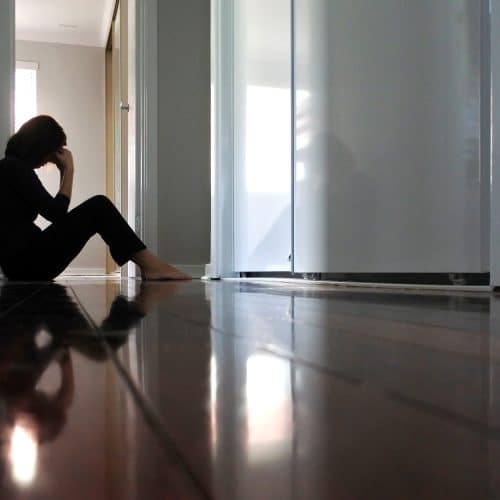When you are hurt in an accident, getting medical help is extremely important. However, after you have recovered a bit, you may realize just how expensive that medical help really is. Medical bills are often one of the main reasons that injured individuals assert a personal injury case—they need help dealing with high medical bills after an accident, especially if they have been unable to work.
Even though a personal injury lawsuit can be helpful with medical bills down the road, you may wonder how to deal with bills now. Dealing with collectors while you are trying to recover can be extremely stressful. Read below to find out if your medical bills are covered if you’re injured in an accident in Massachusetts.
Handling a Medical Bills in No-fault States Like Massachusetts
Defendants in a car accident case are not required to pay your medical bills while the case is pending. This is because fault has not been determined yet, and the defendant may not need to pay your bills at all.
Your healthcare bills will likely be a part of your damages asserted in your case, and if you are successful, you will receive reimbursement for your medical expenses. However, you are likely required to pay for medical services yourself initially.
In no-fault insurance states like Massachusetts, your insurance company will likely pay a portion of your medical bills. If your bills exceed the policy limit, you will be responsible for paying the bills out of your own pocket.
Your health insurance, Medicare, or Medicaid will help you pay for your medical bills, but you are still responsible for any co-pays or other required fees. Many hospitals or healthcare facilities will work with you to arrange a payment plan. You should contact your healthcare institution for more information.
Medical Bill Payments: Other Unique Situations
Slip and Fall
In some premise liability situations, the property owner may have what is called “med pay” coverage. This is a type of insurance coverage that will pay medical bills up to a certain limit.
Work-Related Accidents
In work related accidents, you will likely be covered by workers’ compensation. Workers’ compensation provides medical benefits after your injury, as long as the medical services are directly related to your work injury.
Med Pay Coverage
If you are a passenger in a vehicle and you are involved in a car accident, you may be able to receive medical coverage from the driver of the vehicle’s insurance. The driver will have to have this optional insurance coverage, however.
Reimbursement for Medical Payments
If someone else, including your insurance company, pays for your medical bills after an accident, and someone else is determined to be at fault, then the payor is entitled to be reimbursed for any amounts that they paid for medical coverage. That means that your health insurance company may assert a lien in your personal injury case. If you recover damages, a portion of them will then be provided to the health insurance company as reimbursement and to ensure that you do not recover twice after being hurt in an accident. Contact Jim Glaser Law today at 781-689-2277 or fill out our online form to request a free case evaluation.

















